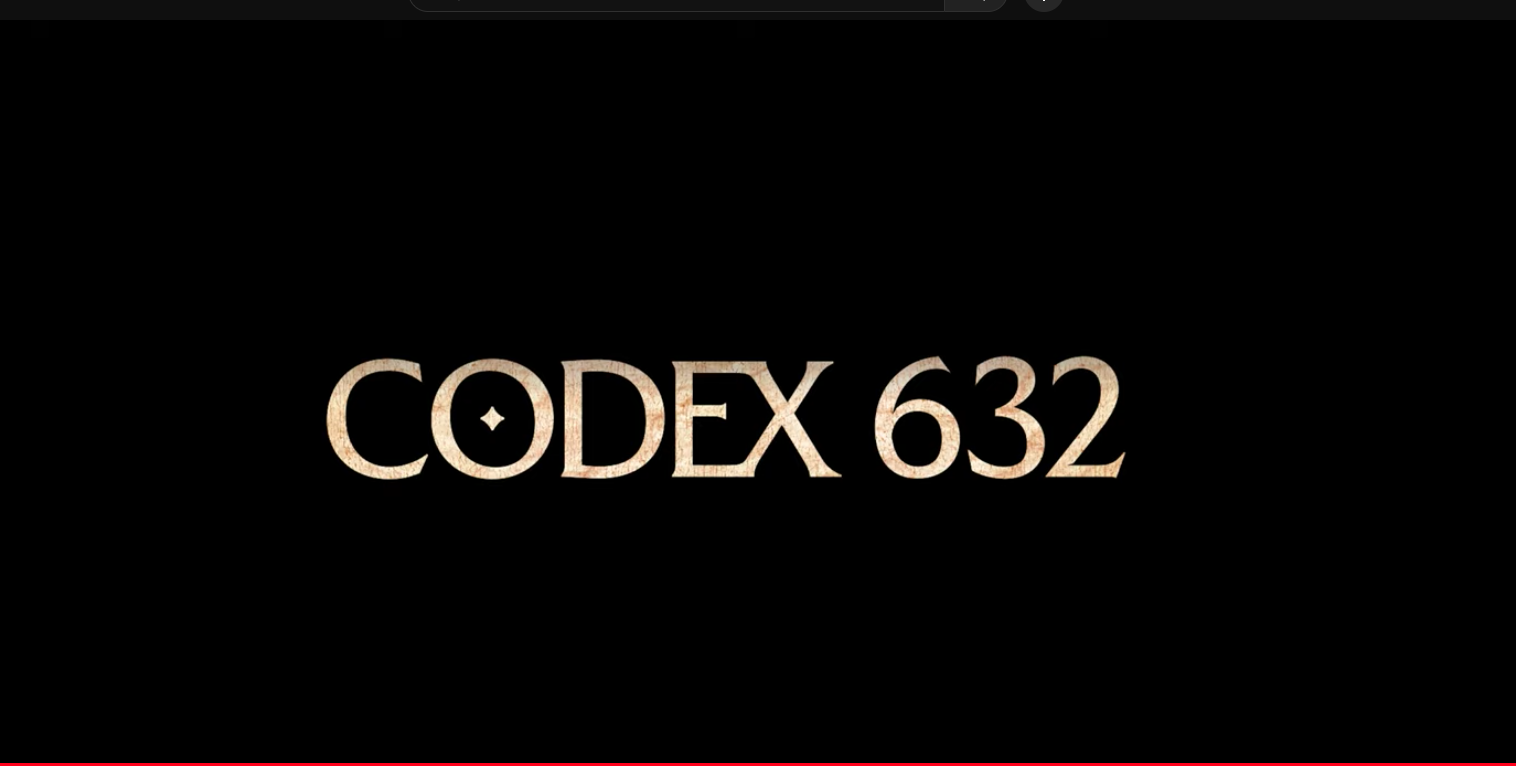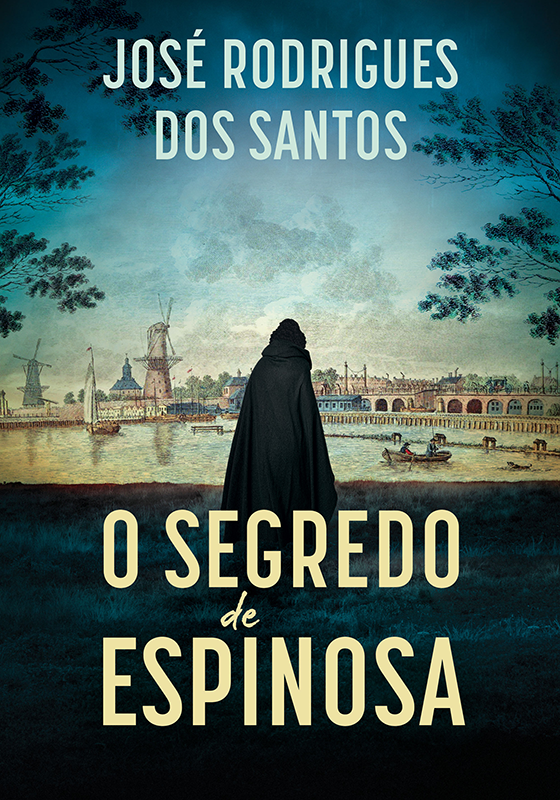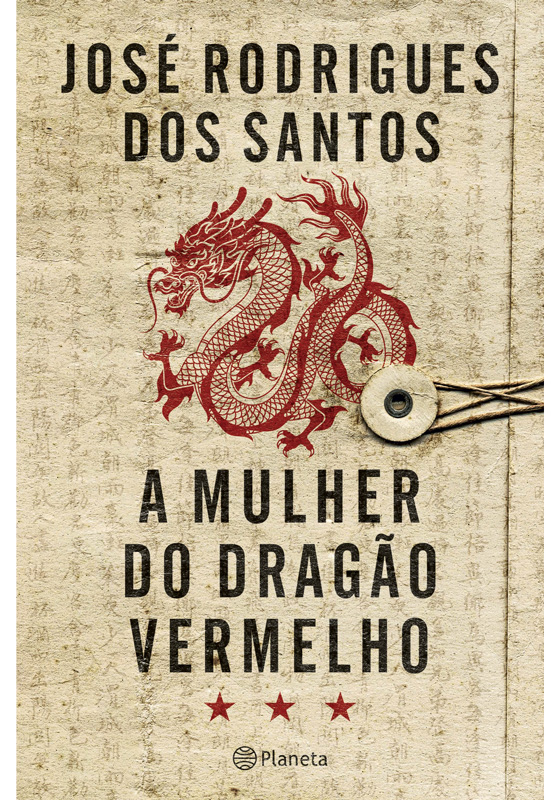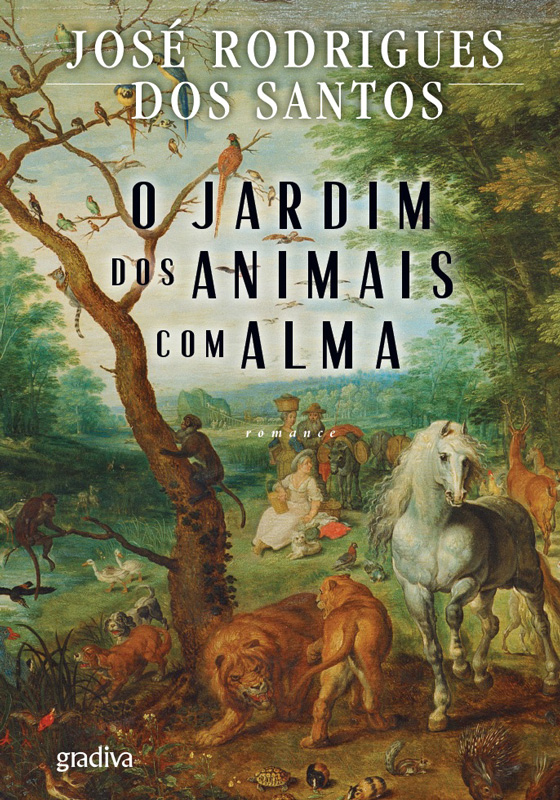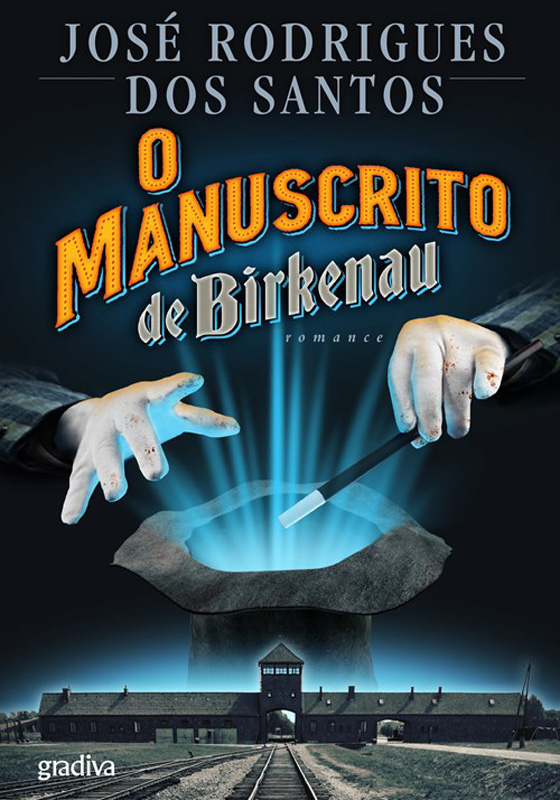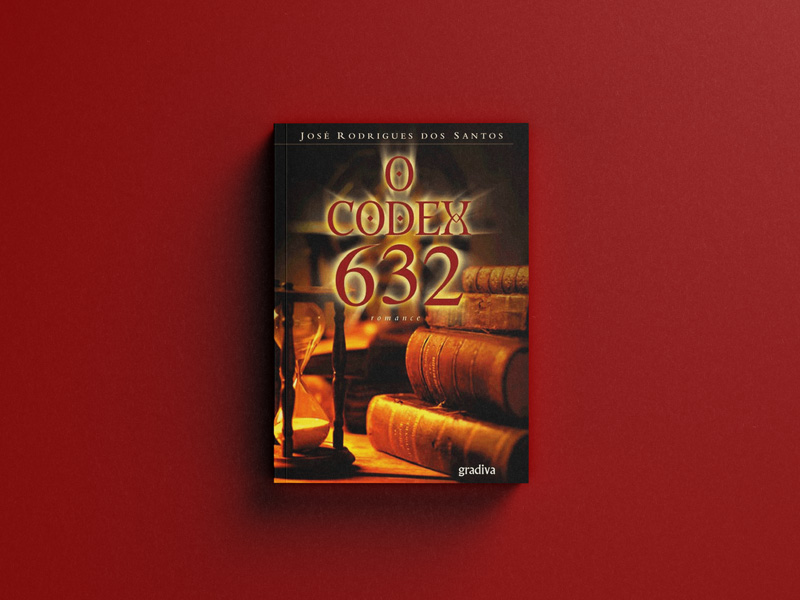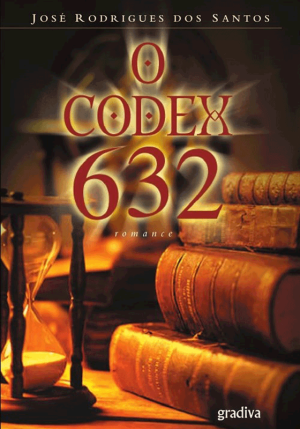
Codex 632
When Tomás Noronha, a professor of History and expert cryptographer, is called upon to finish an unresolved investigation involving an aged scholar who is mysteriously found dead in his hotel room, his life takes several unexpected and dramatic turns. As Tomás slowly begins to unravel the cryptograms and enigmas that shroud the old professor’s work, he finds a code that could possibly change the course of historical scholarship:
When Tomás Noronha, a professor of History and expert cryptographer, is called upon to finish an unresolved investigation involving an aged scholar who is mysteriously found dead in his hotel room, his life takes several unexpected and dramatic turns. As Tomás slowly begins to unravel the cryptograms and enigmas that shroud the old professor’s work, he finds a code that could possibly change the course of historical scholarship:
MOLOC NINUNDIA OMASTOOS
In his quest to decipher this mysterious code, Tomás travels around the world, from Lisbon to Rio, New York and Jerusalem. He quickly immerses himself in the fascinating history of the discovery of the Americas, and the one enigma that no historian has ever been able to solve: the true identity of Christopher Columbus.
The mystery begins with the great explorer’s name. Columbus never introduced himself as Columbus, but as Colom or Colón. People who knew him personally called him Colom, Colón, Colona or Guerra. But never Columbus. Why, then, do we call him Columbus, a name he never went by?
Tomás finds that one mystery only leads to another. Take Columbus’ language. The great navigator tried only twice to write in Tuscan, and both his efforts are full of Portuguese and Spanish words. Why is that? Being an Italian, could he not write in Tuscan? Columbus wrote some letters to Genoese friends, but, amazingly, these letters were not written in Tuscan or Genoese, as might be expected in letters between Genoese people, but in Spanish. Now, doesn’t that strike you as a little bit odd? And what kind of Spanish was that? Actually, argue Spanish philologists, it wasn’t really Spanish. It was Portuñol, the hybrid language Portuguese people talk when they try to speak Spanish. Codex 632 tells the true story of a supposed Genoese who left his town at the age of 24 and, yet, could not speak a word of Genoese or Tuscan, and whose Spanish was full of Portuguese words.
And what of his Cabalistic signature? Codex 632 unlocks the secrets hidden behind Columbus’ signature, and what it unravels is beyond imagination. Why does Columbus include the main Jewish prayer in his Cabalistic signature? Why does he say “let my name be erased” in his Cabalistic signature? Why does he deny Christ in his Cabalistic signature?
A further mystery is Columbus’ marriage. The Genoese Cristoforo Colombo was a plebeian, a poor and ignorant wool weaver, according to reports and documents from that time. And, yet, he supposedly married Dona Filipa Moniz Perestrello, a Portuguese woman from high nobility, descendent of two independence heroes of Portugal and related by family ties to the Portuguese crown. And this marriage took place in a 15th century full of class divisions, when social classes behaved like castes, with no intermarriage whatsoever, and no noblewomen ever marrying poor plebeians. Could a woman like this marry a poor plebeian wool weaver?
Many questions provided by history, and no answers delivered by historians.
Until now.
Codex 632 tells you there are two Columbus in History. One is called Colombo and was a poor, ignorant, plebeian Genoese wool weaver. The other one, the discoverer of America, is called Colom/Colón and he was an Iberian nobleman, who could speak several languages, including Latin; furthermore, he was a close friend of the Portuguese king and had knowledge of cosmography and mathematics. Only the second one could marry Dona Filipa.
Come with us on a memorable trip, follow cryptanalyst Tomás Noronha on a last journey to the great age of the Discoveries and find out the ultimate mystery behind Columbus’ final riddle.
“Codex 632 is in the buses, in the cafés, in the shopping malls, in the football stadiums – it’s everywhere. The country is following the adventures of Thomas, the academic who stumbles on a secret protected throughout the centuries: the true identity of Christopher Columbus.”
“In the world of historical scholarship, the mystery surrounding the discoverer of America and his true roots remains unsolved. Codex 632 reminds us of all the historical investigation which has yet to be conducted.”

“A novel perfect for those who enjoy the blending of mystery, historical personalities, riddles and codes, and ancient languages to spare.”

“It was supposed to be like The Da Vinci Code, but in fact it’s better and more interesting, as it presents readers with more proof than speculation. The historical part of the novel is amazing and accessible. Impressive.”

“A plot full of historical suspense, fluidly written with humour and erudition (…) An intriguing and well-structured story that brings to the limelight an old controversy.”

“A most newsworthy novel on Columbus. Based on historical documents, it narrates the story of a clever expert cryptanalyst who unravels a conspiracy to keep the true identity of the great navigator forever hidden from history.”

“This is a novel you read with pleasure (…) How wonderful is Codex 632, the novel that talks about Columbus.”

“A book that takes us through complex enigmas, with a plot beginning centuries ago and taking place throughout the world; this is a journey where the true identity of the discoverer of America is brought into question.”

“Codex 632 is a highly intense thriller roving to Lisbon, Brazil, Jerusalem, Seville and other places in the Iberian Peninsula, on the trail of an enigma disseminated throughout the centuries by someone who, in order to retain power, chose to hide an uncomfortable truth.”

“The author has convinced me. Christopher Columbus was not Genoese. The novel explains it with clarity and quotes true historical sources. You’ve got to read this.”

“A television journalist based in Portugal, dos Santos pours his storytelling experience into an intriguing if Byzantine exploration of codes, cultures and Christopher Columbus. Less a Brownian thriller than a speculative one, this debut novel focuses on its flawed protagonist and his dizzying search for the truth. Readers more intrigued by academic detection than global conspiracies should eat this one up. A fresh-thinking historical thriller buoyed by its hero, a man with a spinning moral compass trying to find his truth North.”

“Codex 632, an international bestseller newly translated from Portuguese, offers a well-researched look at Christopher Columbus – who he really was and why he deliberately kept his past a secret. Author José Rodrigues Dos Santos, a Lisbon-based journalist and university lecturer, tantalizes the reader with quotes from obscure documents only seen by dedicated historians.
Similar in vein to The Da Vinci Code, the novel is layered with intrigue, international travel and scholars who stop at nothing to uncover the truth. The ciphers and ancient documents are fun.”

“The novel does an excellent job forcing the reader to question his or her own knowledge of history and everything else that we have come to know as the truth. (…) The secrets unveiled in this novel may lead us to question whether everything else we accept as fact is really pure fiction. We may never unveil the secrets of our past but, with "Codex 632," it seems as though Jose Rodrigues dos Santos is trying.”

“The idea behind Codex 632 is a compelling one, that Christopher Columbus had an identity unknown today, a dark past that he desperately wanted to keep hidden during his lifetime, and that he never went by the name Columbus. With the book being backed up by historical documentation, it makes these theories all the more interesting. (…) It’s overflowing with interesting tidbits and facts. For those looking for a work of historical mystery on a topic that has been little explored, Codex 632 may be the book for you.”

“There are no murders, little profanity, and only hints of sex, but the drama builds as the main character in this novel attempts to unravel a six-century-old question: where did Christopher Columbus come from? (…) This will appeal to those who enjoyed The Da Vinci Code and anyone who likes intriguing offbeat mysteries: it's a great story with a blockbuster ending.”

“José Rodrigues dos Santos (...) is one of the heavyweights of lusophone literature.”
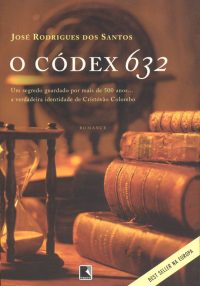
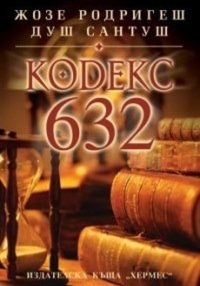
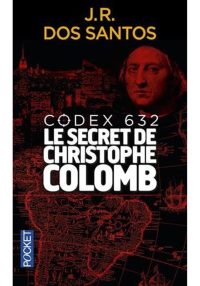
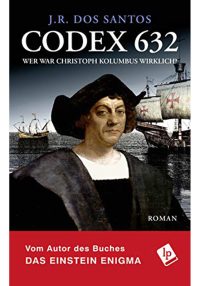
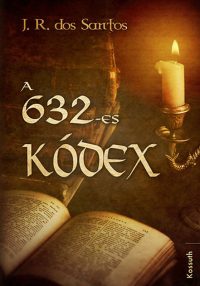
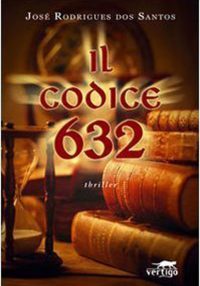
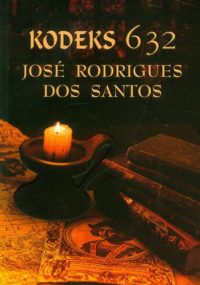
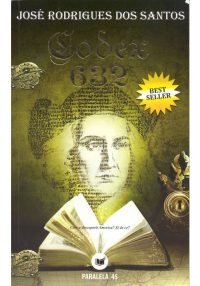
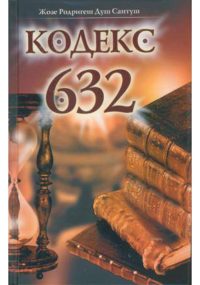
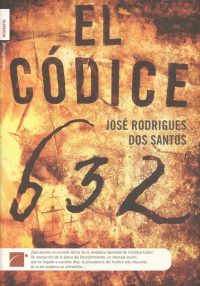
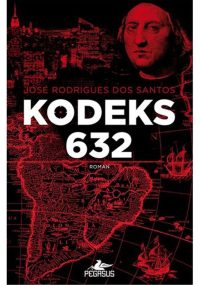
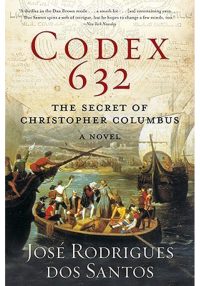
-
March 13, 2023 Interview Codex 632Interview for Il Secolo XIX Italy, June 2007 The title of your book imitates "Il Codice da Vinci". Why?JRS: Actually, no. The original title of my novel is Codex 632....
-
March 13, 2023 Review Codex 632Shelf Awareness, USA “Portugal is justly famous for many things - castles, beaches, Fatima, romantic language, exploration, fado music, cod, port, Christopher Columbus . . . back up. Christopher Columbus?...
-
March 13, 2023 Review Codex 632 The Washington Post, USAShelf Awareness, USA “Portugal is justly famous for many things - castles, beaches, Fatima, romantic language, exploration, fado music, cod, port, Christopher Columbus . . . back up. Christopher Columbus?...
